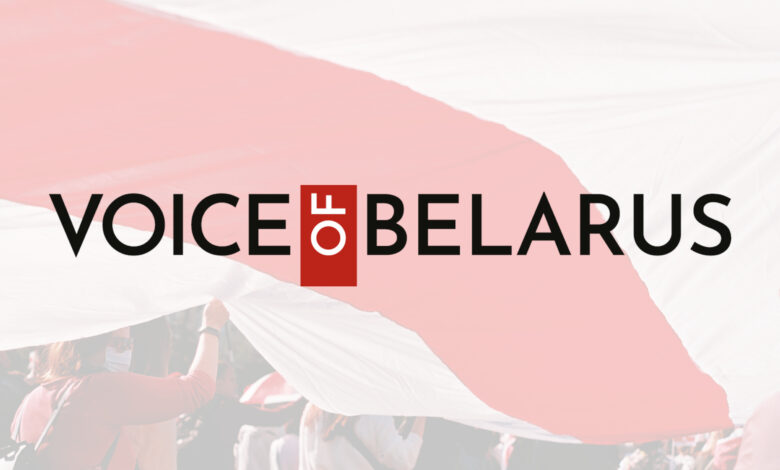Representatives of European embassies call for release of Belarusian political prisoners

On the second anniversary of the rigged presidential election, representatives of the European Union in Belarus and like-minded countries continue to call on the Belarusian regime to immediately and unconditionally release and rehabilitate all political prisoners and stop state repression against civil society.
This call was supported by representatives of the diplomatic missions of the EU, Austria, Czechia, Estonia, Finland, Germany, Italy, Latvia, Poland, Lithuania, Romania, Slovakia, Sweden, and the United States.
As of 9 August 2022, 1,262 people are recognized as political prisoners in Belarus. The data may be incomplete since not all facts of repression are brought to the attention of human rights defenders, trials are often held behind closed doors, information from official bodies is not updated, and, therefore, the data may not always be reliable.
In two years more than 5,000 “protest” criminal cases were opened, and more than 3,000 people faced charges in these cases. At least 1,800 people were found guilty and convicted in politically motivated cases. At the same time, not a single criminal case was launched in connection with the protesters’ deaths and the use of torture and ill-treatment against them.
At least 40,000 people were detained on administrative charges. Human rights defenders are aware of the outcomes of 11,924 trials, in which 7,521 people were sentenced to days to months of administrative detention, totaling 282.25 years for all Belarusians in two years. At least 4,403 people were fined a total of 3,011,392 Belarusian rubles (equivalent to $1,193,485 USD).
Representatives of almost all Belarusian social groups are being held behind bars: human rights activists, journalists, civic activists, politicians, teenagers, students, factory workers, former officials and security officers, teachers, cultural activists, doctors, construction workers, scientists, and others. Mothers with many children, minors, retirees, and people with medical conditions are being sent to prison for participating in protests. Many people with serious illnesses are imprisoned but do not receive the necessary medical care. In addition, while in custody, political prisoners are subjected to constant pressure from the administration of correctional facilities.